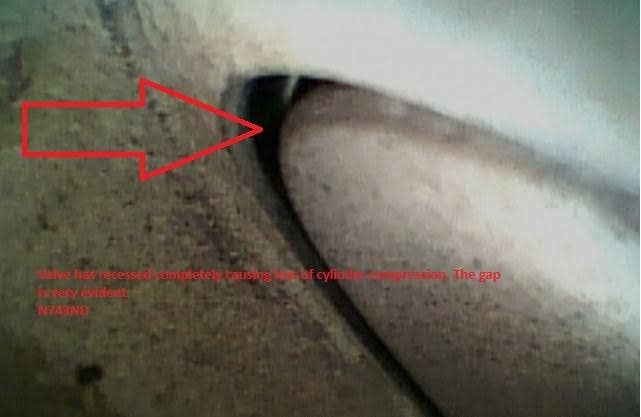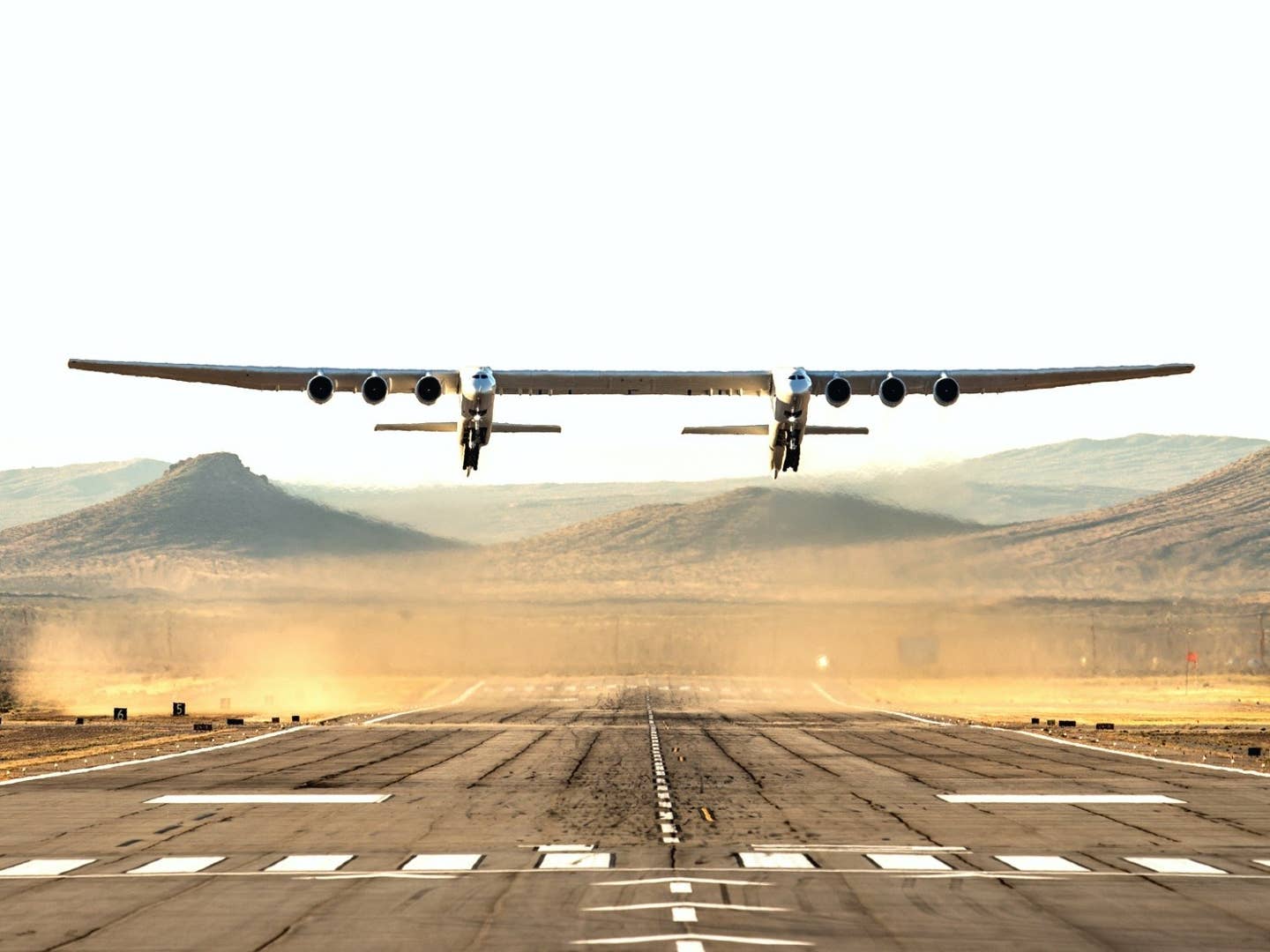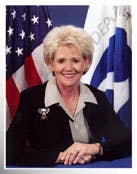In The Name Of Security
The Michigan legislature may just back gently — and inexpensively — out of its controversial law requiring criminal background checks for student pilots. Michigan passed the law late last year and AOPA has challenged it, with enthusiastic support from the FAA and Transportation Security Administration (TSA), in federal court. Perhaps faced with the possibility that the feds will quash the law, Michigan legislators seem to be letting a bill that would repeal the background-check provisions pass through with little opposition. Only a couple of weeks after HB 4704was introduced, it’s been vetted by the Committee on Veteran Affairs and Homeland Security, and its opponents placated with a simple compromise.
Michigan Backing Down On Background Checks...
The Michigan legislature may just back gently -- and inexpensively -- out of its controversial law requiring criminal background checks for student pilots. Michigan passed the law late last year and AOPA has challenged it, with enthusiastic support from the FAA and Transportation Security Administration (TSA), in federal court. Perhaps faced with the possibility that the feds will quash the law, Michigan legislators seem to be letting a bill that would repeal the background-check provisions pass through with little opposition. Only a couple of weeks after HB 4704was introduced, it's been vetted by the Committee on Veteran Affairs and Homeland Security, and its opponents placated with a simple compromise. What HB 4704 does is replace the existing background-check requirements, which the FAA and TSA have both said are federal jurisdiction, with a list of training standards aimed at making students aware of possible security threats and hazards and how to report them. To satisfy opponents to the new bill, language was added requiring students to hold valid student pilot certificates before training begins. Since the feds issue the student certificate, it's up to them to carry out whatever background checks might be necessary. Although AOPA is happy about the progress of the legislation, it's not dropping the lawsuit. A motion asking the judge to issue a summary judgment should be heard June 24 and AOPA hopes for a decision soon after.
...Banner-Towers Get Support...
While efforts abound to save the beleaguered banner-towing industry from "security concerns," what some might describe as a conservative Christian group came up with arguments to end the legislated TFRs imposed over Disney theme parks. The Virginia- and Carolina-based Family Policy Network launched a federal suit challenging the 3,000-foot, 3-nm no-fly zone because it hoped to share a message from above (so to speak) with those attending the Gay Day festivities held at (not organized by) Disney World in Orlando. "Government infringement of free speech rights cannot be based on speculation or mere possibilities," the group's lawyer, Brian Fahling, told the Associated Press. "The government, by its own admission, has no evidence Disney is a higher security risk than other theme parks." The group wanted to fly banners over the theme park reading "JESUS CHRIST: HOPE FOR HOMOSEXUALS.COM." Regardless of what anyone thinks of the message or motive, the group sounds a lot like some others we've quoted in the past when it cites justification for its banner-towing activities. In the end, a district court judge decided the group didn't make its case but the Christian organization found out free speech goes both ways when Gay Days organizers supported the Christian position on those rights, anyway. "I don't believe the no-fly zone should be there," Gay Days spokesman Chris Alexander-Manley told AP. "There was one group that was planning to fly a banner welcoming everybody." Disney doesn't organize or sponsor the festival but the theme park is the focal point for it.
...172s Used As "Threat" Aircraft
And in what seems to be the never-ending mission of federal security forces to protect us from terrorists flying Cessnas, the Pentagon was to have conducted a live test of just such a scenario over Washington, D.C., last Thursday. Although we haven't heard how it all worked out, the idea was for a couple of F-16s to intercept two Civil Air Patrol 172s over D.C. while antiaircraft missile crews and other forces responded from their ground stations. Apparently the F-16s were to minimize their use of afterburners in the pursuit. This type of exercise is nothing new and there were at least two held in May, along with drills involving cruise missiles and unmanned aerial vehicles. The choice of the instantly recognizable Cessnas as villains and the resulting perceptions it might have raised rankled AOPA. "We're extraordinarily disappointed that the military essentially told the press that a Cessna 172 is being viewed as a 'threat' aircraft," said AOPA President Phil Boyer. "There is no threat analysis we're aware of that suggests that these light general aviation aircraft represent any significant risk to the public." Boyer also claimed the publicity surrounding the drill added to the "unfounded public paranoia concerning GA aircraft." AOPA also wondered why the TSA was apparently left out of the loop in organizing the drill, since senior officials didn't seem to know anything about it until they read it in the papers.






